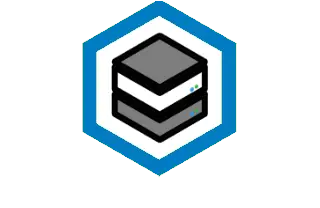I currently have a 10-year old off-the-shelf NAS (Synology) that needs replacing soon. I haven’t done much with it other than the simple things I mention later, so I still consider myself a novice when it comes to NAS, servers, and networking in general, but I’ve been reading a bit lately (which lead my to this sub). For a replacement I’m wondering whether to get another Synology, use an open source NAS/server OS, or just use a Windows PC. Windows is by far the OS I’m most comfortable with so I’m drawn to the final option. However, I regularly see articles and forum posts which frown upon the use Windows for NAS/server purposes even for simple home-use needs, although I can’t remember reading a good explanation of why. I’d be grateful for some explanations as to why Windows (desktop version) is a poor choice as an OS for a simple home NAS/server.
Some observations from me (please critique if any issues in my thinking):
- I initially assumed it was because Windows likely causes a high idle power consumption as its a large OS. But I recently measured the idle power consumption of a celeron-based mini PC running Windows and found it to be only 5W, which is lower than my Synology NAS when idle. It seems to me that any further power consumption savings that might be achieved by a smaller OS, or a more modern Synology, would be pretty negligible in terms of running costs.
- I can see a significant downside of Windows for DIY builds is the cost of Windows license. I wonder is this accounts for most of the critique of Windows? If I went the Windows route I wouldn’t do a DIY build. I would start with a PC which had a Windows OEM licence.
- My needs are very simple (although I think probably represent a majority of home user needs). I need device which is accessible 24/7 on my home network and 1) can provide SMB files shares, 2) act as a target for backing up other devices on home network, 3) run cloud backup software (to back itself up to an off-site backup location) and, 4) run a media server (such as Plex), 5) provide 1-drive redundancy via RAID or a RAID-like solution (such as Windows Storage Spaces). It seems to me Windows is fine for this and people who frown upon Windows for NAS/server usage probably have more advanced needs.


When you come from the Windows desktop world, it makes sense to use Windows for a home server because it is what you know. In fact that is how I started out, then I moved to Windows server OSes. Eventually, I landed in the Linux space for both desktop and server.
Microsoft has a philosophy and way of doing everything, but it is their way. When we’re talking about homelabs, we are talking about becoming admins of our own machines. Microsoft does not provide the level of flexibility that Linux does. For me the advantages of Linux over Windows are as follows:
All my machines in my family home are Linux-based at this point. So much can be scripted and controlled remotely from the terminal. Management is easier IMO. Cronjobs and aliases are a magical joy.